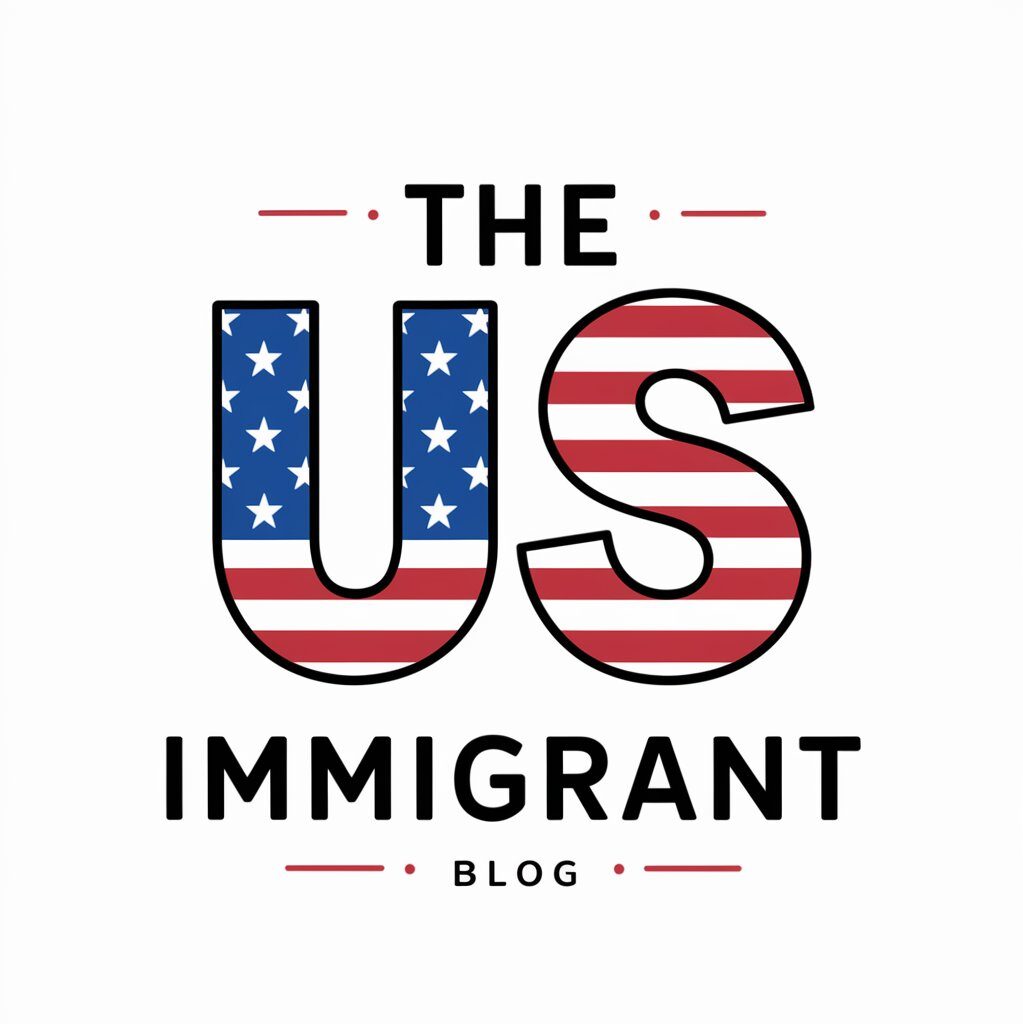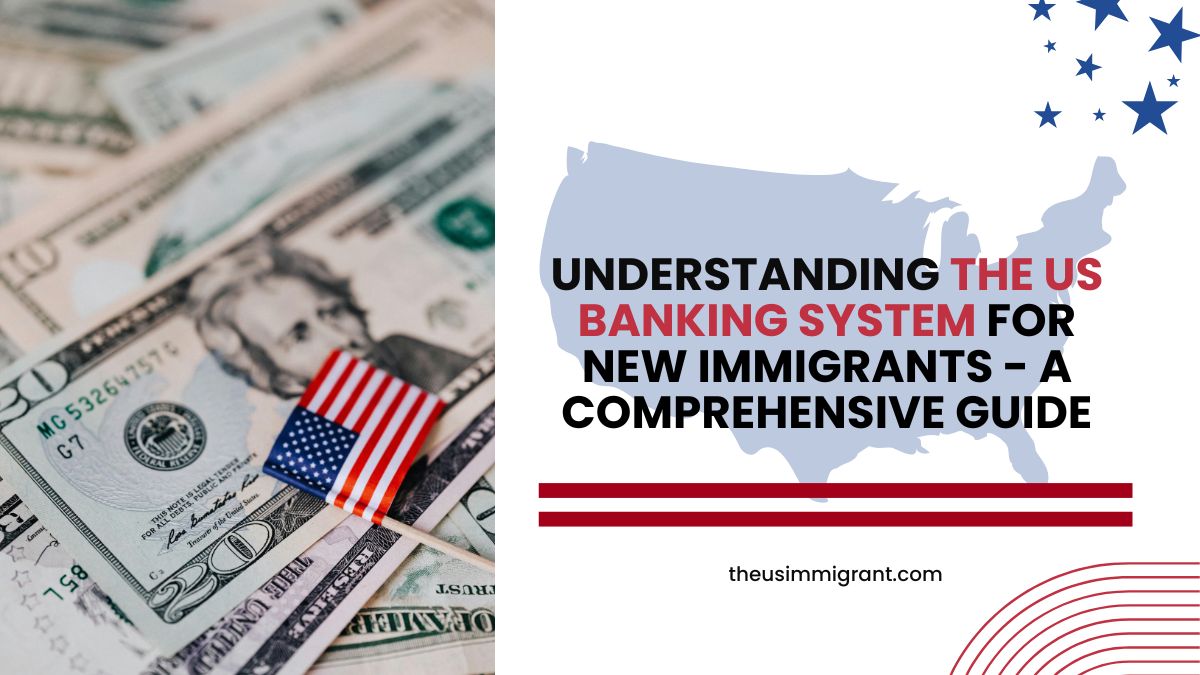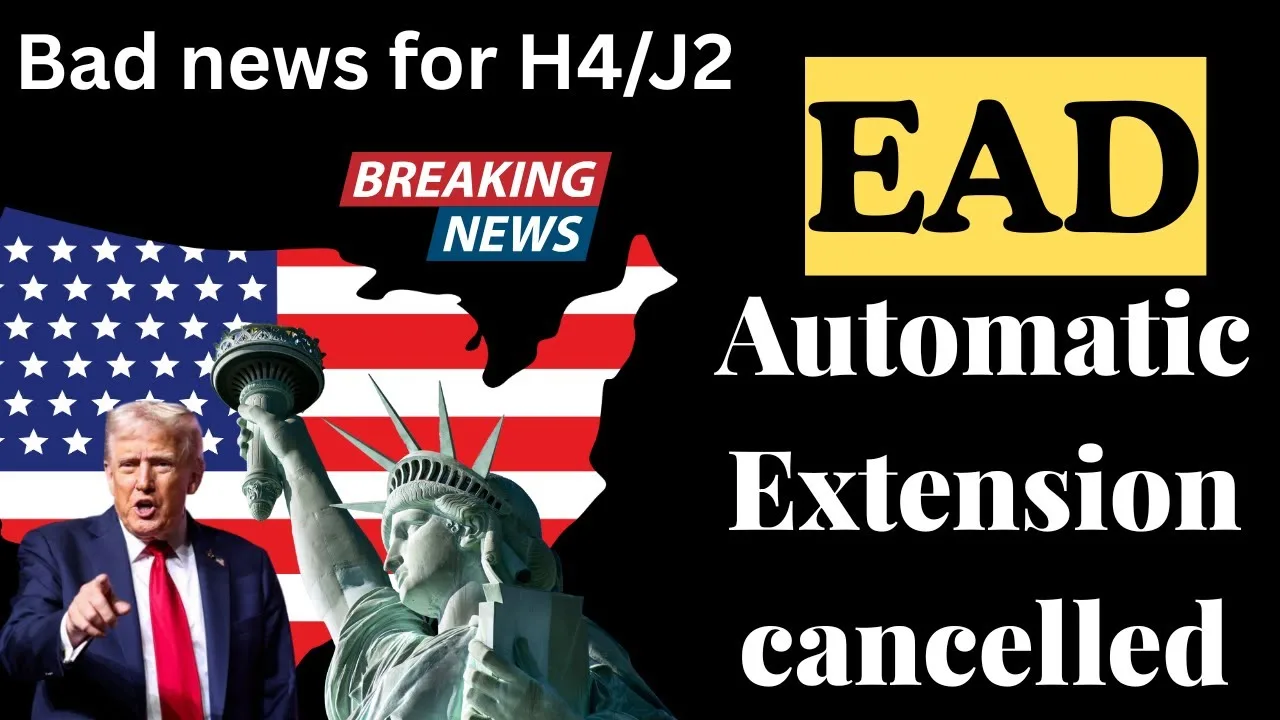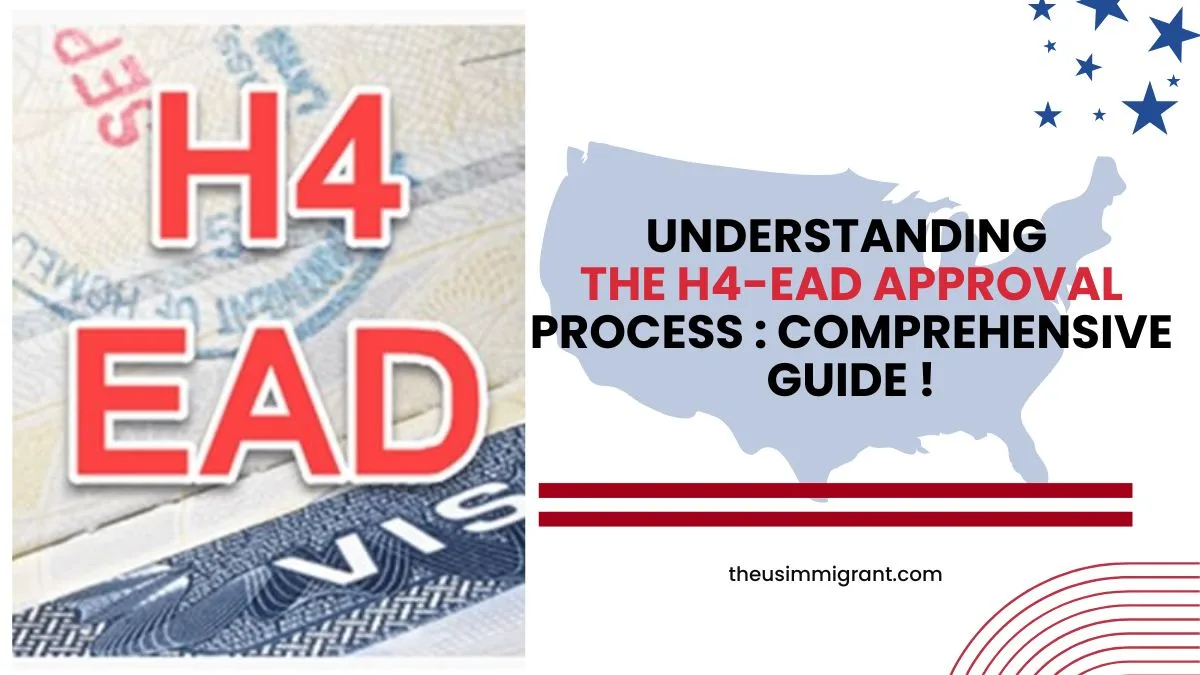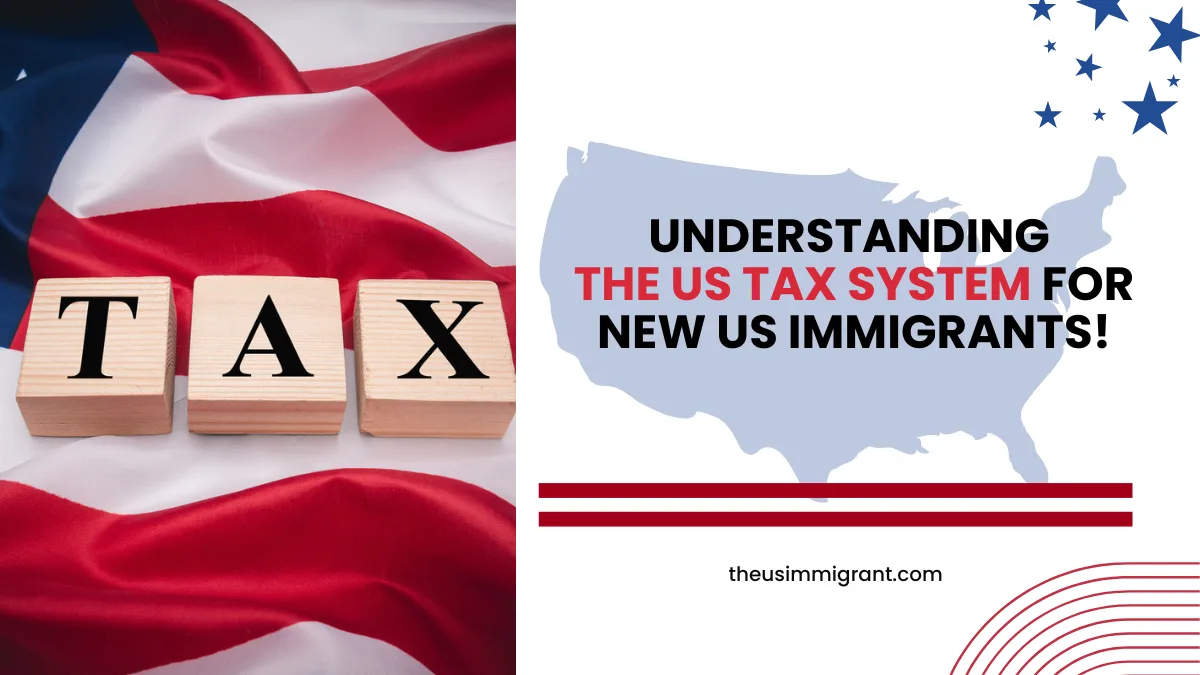
US banking system for immigrants
Moving to the United States but still not clear about their banking system? Having an understanding of the US banking system for immigrants plays an important role if you decide to move there. Whether you want to make transactions on a daily basis or want to take credits, financial understanding is a must. When it comes to US banking scheming, it’s not like other countries but they are diverse for their customers. I will discuss everything including how to use the banking system in the USA to ensure you use daily transactions daily without any hassle. This blog will try to sort out every financial confusion you have regarding the banking system of the US.Types of Banks in the USA

Retail and Commercial Banks in America
Bank of America, Wells Fargo and Chase are some of the various retail and commercial banks in America which are commonly used by immigrants as well as many citizens, who are the customer of these banks. From checking accounts to loan facilities, these banks offer all types of financial facilities to their customers. Also Read: How to improve your credit score fast: Proven Methods! Credit Unions: Benefits for Immigrants Immigrants can also rely on credit unions for an enhanced and community-oriented banking experience. As they charge lower fees and offer better interest rates as well as lower loan rates than other banking institutions. They are happy to accommodate newcomers as well as don’t have a Social Security Number (SSN).Savings and Loan (S&L) Associations
If you are looking for home loans or personal loans, Savings and Loan (S&L) Associations will help you out in it. However, this might not be the common option for immigrants like retail banks. But S&L can be considered a good option for immigrants who want to own their own place in the states using loans.Investment Banks
Unlike some retail banks who also engage in private wealth management, investment banks are specialized financial institutions that provide corporate services like IPOs, merger and specialization, and investments. Such services are not needed by immigrants who simply want to do their everyday banking but are available as options for people who want investment advice or for those who plan to invest a lot of money.Online and Neobanks for Expats
Online banks and neobanks offer a convenient low-cost alternative as compared to traditional banking. They charge minimal fees which are designed to be user-friendly, especially for expats who are often on the move. Some popular online-only banks include Chime, Ally, and Revolut. Also Read: What is I-140 Process – all your curiosity at one place!Types of Bank Accounts

Checking Accounts: Everyday Usage
Managing daily budgets can be pretty hectic without a checking account. One benefit is that it provides a place to deposit one’s paycheck, pay bills and easily access funds through a debit card or ATM on hand. Many banks charge monthly fees to these accounts. However, some banks offer waivers to these fees if you maintain a minimum balance or set up automatic deposits.Savings Accounts: Building Financial Habits
Savings and Loan associations are strategic main financial products including residential mortgages and personal loans. This can be used by immigrants who want to buy a house or get a home loan in the United States.Certificates of Deposit (CDs): High Interest Rates
As an immigrant, if you want to save your money, then Certificates of Deposit (CDs) are the best option. In simpler terms, these are like a fixed deposit for a shorter period of time which offers higher interest rates on your deposits. From 6 months to more than a year, you can deposit your money. But if you wish to withdraw the money before the maturity date, then the bank might charge you with a penalty.Money Market Accounts Explained: Easier Access with High Yield
A money market account is similar to a savings account but offers the customer more interest on their money. As compared to savings accounts they are more flexible but you need to maintain a low minimum balance.Checking vs Savings Accounts Explained
Both checking and savings accounts have different purposes. If you want to track down your daily transactions then Checking accounts are ideal for you whereas savings accounts are perfect if you wish to save money over time. Also Read: SSN Simplified: Your ultimate guide on how to apply for a social security number!How to Open a US Bank Account as an Immigrant
Opening a US bank account as an immigrant is very easy and can be done by following these steps:
Step-by-Step Guide:
-
- Collect all your required documents including passport, visa, and SSN or ITIN.
- Analysis and choose a bank carefully as per your requirements.
- You can open your account online as well as offline as per your bank procedure.
- You might need to deposit some amount ranging from $25 to $100 depending on the bank and account type.
- Keep additional documents like proof of local address, employment, or I-20 form for students.
Best Bank Accounts for New Immigrants
For new immigrants, finding a bank account that is easy to open, has low fees, and is immigrant-friendly is very important. Here are some of the best options:-
- Chase: One of the most extensive banks with accounts open for non-residents and even check or saving accounts without an SSN. Chase has large branches and the presence of multiple branches.
-
- Bank of America: Known to be convenient and has almost every type of account. For those immigrant teachers looking to open accounts without an SSN, special products are available.
-
- Credit Unions: Lots of credit unions have no or lower fees and better interest rates, and few of them are more open to immigrants without an SSN.
Wrap it up…
The process of understanding a US banking system for immigrants can be challenging but plays a very important role in understanding and tracking finances. From picking the right type of banks in the USA to comparing different bank accounts, it is very important to know your needs. The US offers many immigrant friendly banking options where you can open online as well as traditional accounts and can access them. Compare fees, service charges and interest rate as per your financial needs.(Also Read: How to improve your credit score fast: Proven Methods!)
